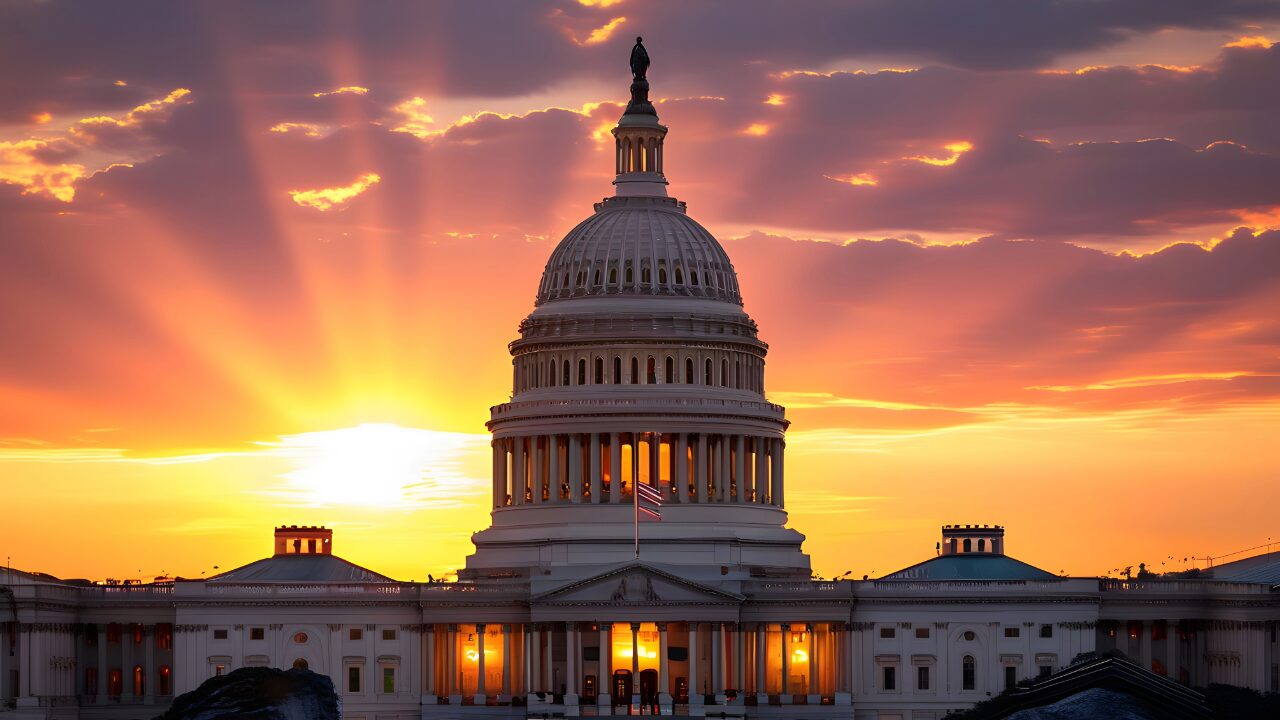ABMA Gets Straight to Work on Main Street Tax and Workforce Development Initiatives
This week, ABMA took decisive action to advance its 2025 priorities. In a significant advocacy effort, ABMA submitted key tax policy recommendations to the Senate Appropriations Committee, emphasizing critical provisions that support small and family-owned building materials businesses. The organization also joined over 230 trade associations in endorsing the Main Street Tax Certainty Act, a vital piece of legislation to ensure the continuation of essential tax deductions for pass-through entities. Read the Press Release.
In addition to tax policy advocacy, ABMA has launched an ambitious workforce development agenda. The alliance is championing the creation of workplace-based training pipelines, including programs for CDL licensing and industry-specific crane certifications, to address ongoing workforce shortages. ABMA leaders have been meeting with elected officials across the Northeast to promote these initiatives and engaging their staff in follow-up meetings to solidify support.
Simultaneously, ABMA’s lobbying team is actively working to secure funding for workforce development. These efforts aim to bolster NRLA and CSA educational and training programs, equipping the industry to better recruit, train, and retain skilled workers. Together, these initiatives reflect ABMA’s commitment to building a stronger, more sustainable workforce while supporting the businesses at the heart of local economies.
Trump Wastes No Time on Executive Orders
President Trump wasted no time after the inaugural celebrations, immediately diving into his policy agenda by signing fifty executive orders on day one and an additional twenty-six on day two—a record-setting start to any presidency. These executive orders reflect the core themes of his campaign and aim to implement swift policy changes across various sectors.
Several of these executive orders are particularly significant for ABMA members:
Unleashing American Energy: This order eliminates the proposed federal EV (electric vehicle) mandate, which would have been a significant burden on ABMA members had it gone into effect. The mandate threatened to limit consumer choice while creating logistical challenges for businesses reliant on conventional vehicle fleets. However, members should be aware that some states may respond by implementing or strengthening their own EV mandates to counteract this federal policy change. ABMA will monitor these developments and provide updates on how they may impact our industry.
Delivering Emergency Price Relief: This sweeping executive order, signed by former President Donald Trump this week, focuses on addressing key economic challenges that impact both consumers and industries like the building materials sector. It outlines several critical initiatives, including:
- Lowering the Cost of Housing: By implementing measures to expand the housing supply, this order aims to make housing more affordable and accessible. This is especially vital for the building materials industry, which plays a crucial role in meeting the demand for new homes while navigating the challenges of high construction costs and material shortages.
- Eliminating Counterproductive Appliance Requirements: The order seeks to remove unnecessary regulations that have inflated the costs of home appliances. This change is expected to benefit homeowners by reducing expenses and provide relief to building material suppliers by streamlining compliance burdens and enhancing affordability across the board.
- Creating Employment Opportunities: This initiative has the potential to alleviate staffing challenges faced by many ABMA members, ensuring that businesses have the human resources needed to grow and thrive while contributing to local economic development.
This multifaceted approach aligns with the interests of industries like ours, offering a pathway to reduce costs, enhance efficiency, and support workforce development—all critical components of a thriving housing and building materials market.
Return to In-Person Work: By requiring department heads and senior staff to return to the office, this order aims to enhance the federal government’s productivity. For ABMA members, this could mean quicker response times and improved efficiency when engaging with federal agencies on regulatory or compliance matters—a welcome change for businesses frustrated by delayed processes during extended remote work periods.
Confirmation Hearings Completed in Key Departments
President Trump has also moved quickly to staff his administration, with several key confirmation hearings taking place this week. These appointments will play a critical role in shaping policies that directly impact our industry:
- Transportation: Sean Duffy’s confirmation hearing on January 15th highlighted his focus on infrastructure improvements, streamlined supply chain management, and regulatory reforms to reduce burdens on small and medium-sized businesses. ABMA will closely track his agenda and any updates to Department of Transportation policies affecting our members.
- Environmental Protection Agency (EPA): Lee Zeldin completed his hearing on January 16th, emphasizing environmental stewardship balanced with economic growth. His commitment to rolling back regulations that disproportionately impact small businesses is a promising development for our industry, particularly regarding emissions standards and energy policies.
- Labor: Lori Chavez-DeRemer’s hearing has not yet been scheduled, but her anticipated focus on workforce development and labor regulations will be critical for ABMA members. The labor shortage remains one of the biggest challenges for our industry, and we will be monitoring her statements and policies closely once her confirmation process is underway.




